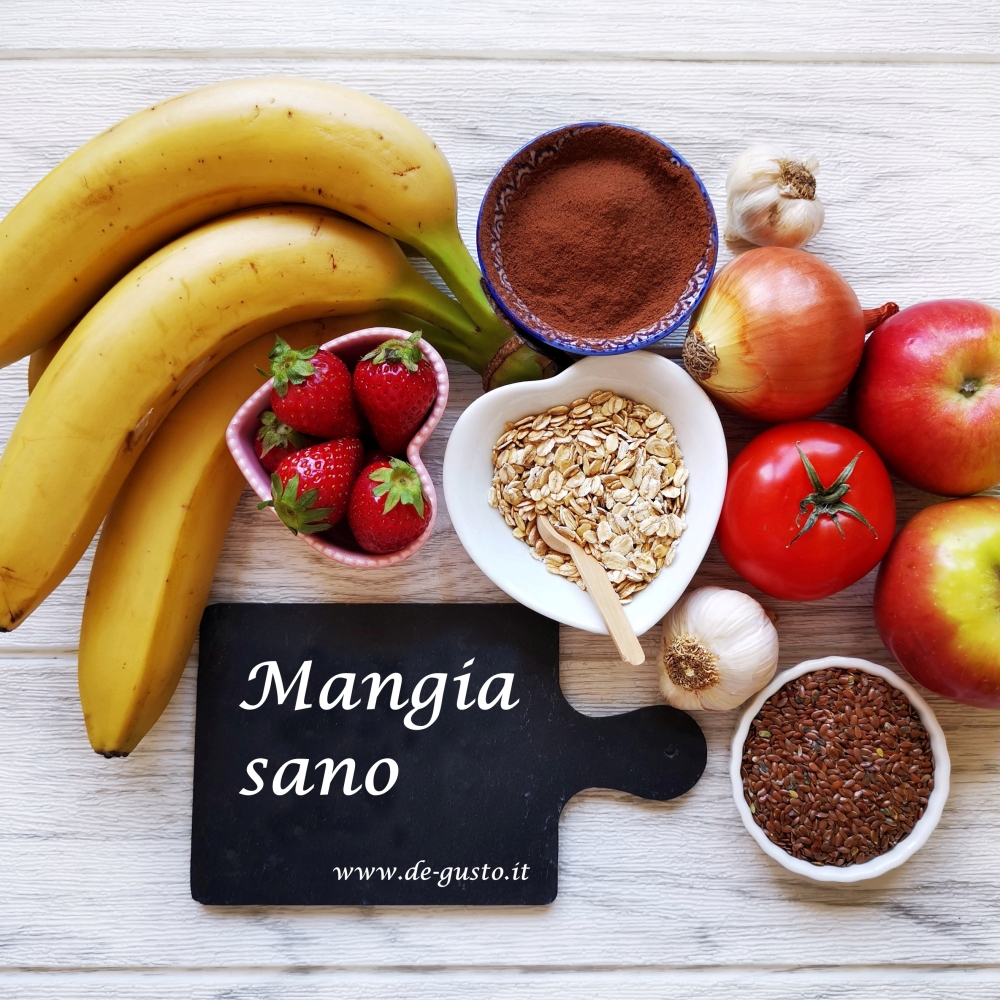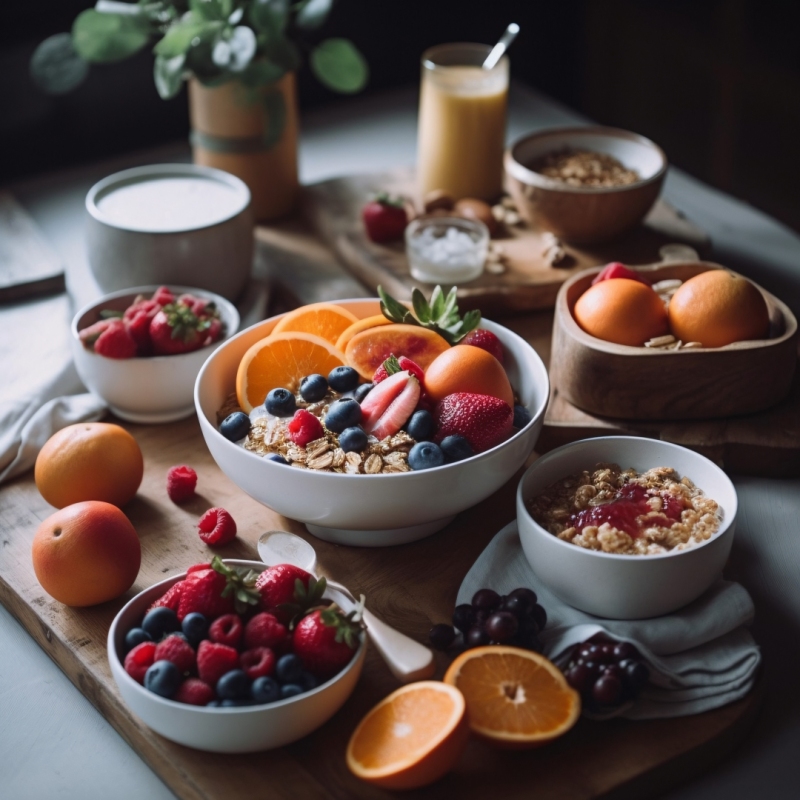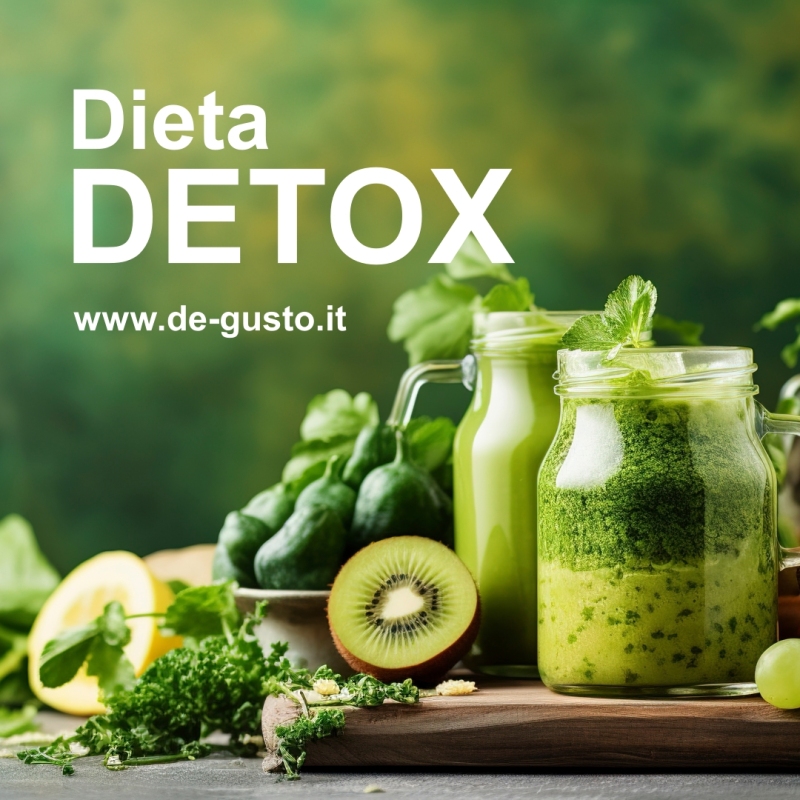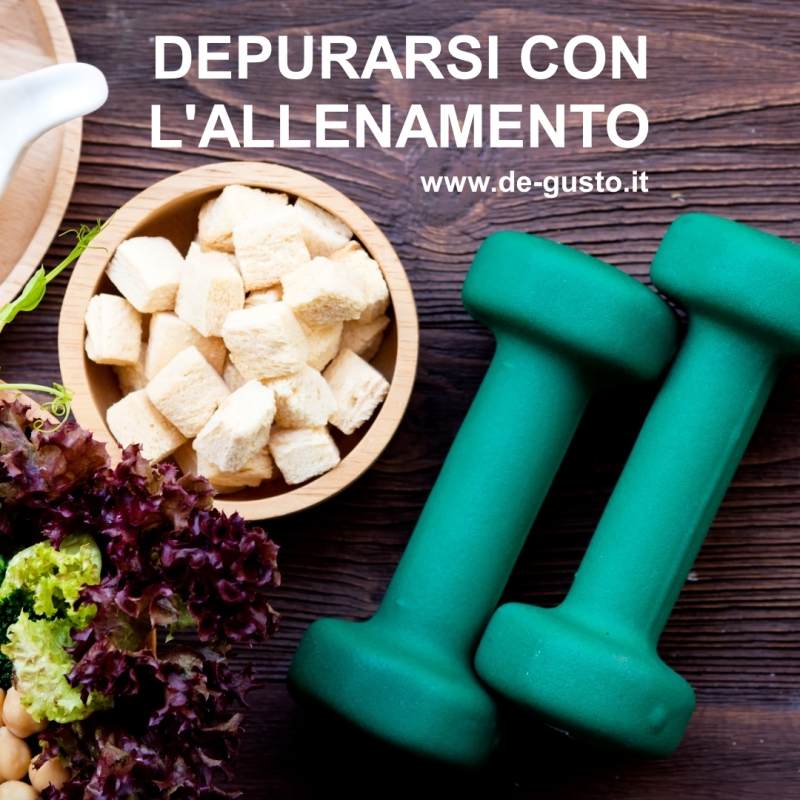Hundreds of bacterial species coexist in the gut, forming the intestinal MICROBIOTA. They characterise each individual like a fingerprint and are essential for performing functions such as digestion, vitamin synthesis and protection from pathogens.
Stress, travel, smoking, infections, changes in eating habits and the use of drugs can alter the composition of our microbiota.
A microbiota that is out of balance, in DISBIOSIS, can condition the onset or aggravation of more or less serious disorders and diseases including: chronic inflammatory bowel disease, irritable colon, coeliac disease, chronic gastritis, etc., up to colon cancer.
How can we preserve our microbiota?
First of all, we must distinguish between probiotics, live micro-organisms that when taken in adequate quantities benefit the organism (they are the bacteria already physiologically present in our intestines), and prebiotics, dietary fibres that nourish these bacteria and promote their proliferation.
INULIN is a substance made up of a long chain of fructose molecules that cannot be broken down by our enzymes, but which some good bacteria manage to break down. It is therefore a prebiotic substance, indigestible for humans, but which feeds the good bacteria and prevents the bad ones from taking over.
It is fermented by colonic bacteria which, as waste, release short-chain fatty acids that are essential for intestinal health. These fatty acids perform important protective functions, maintaining the integrity of the intestinal walls and preventing the passage of toxins or viruses to the bloodstream.
In addition to providing nourishment for good bacteria, inulin can change the composition of the gut microbiota by promoting the growth of beneficial bacteria, including Bifidobacterium. These bacteria are known to play a protective role against inflammation and cancer development.
Other recognised properties of inulin include increasing the frequency of evacuations, improving intestinal regularity and slowing down the digestion of carbohydrates, keeping us full for longer and preventing sudden rises in blood sugar.
Where can we find this fibre?
It is found naturally in many foods including barley, wheat, garlic, onions, bananas, asparagus, artichokes, white truffles and most abundantly in Jerusalem artichokes and chicory root. Or it is sold in powder form, to be added to dishes.
A HEALTHY MICROBIOTA IS A DIVERSE MICROBIOTA.
Its biodiversity must be ensured to prevent dysbiosis. It is important to eat vegetables (fruit, vegetables and pulses) which, with their fibres, protect us from daily attacks by external agents such as viruses, bacteria, antibiotic therapies and additives in food and keep our immune defences active.
(Article by Dr Maddalena Della Bianca)







